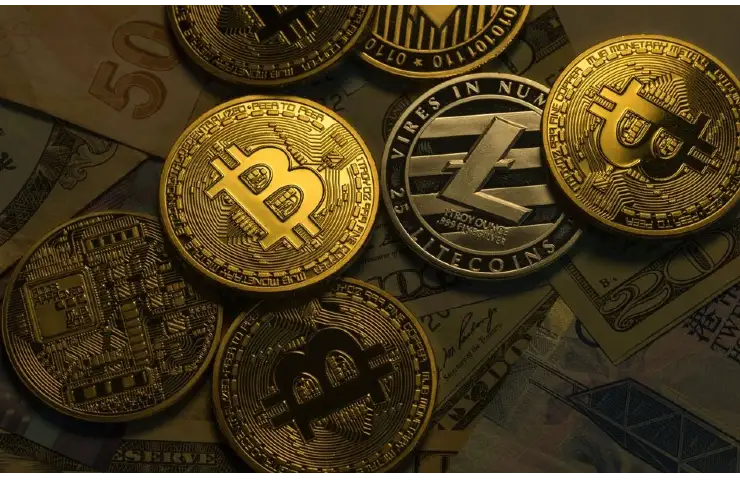Finance Minister Nirmala Sitharaman announced in her budget speech on Tuesday that the RBI will introduce a digital currency in 2022-23 using blockchain and other supporting technology.
"Introduction of a central bank digital currency will give a big boost to the digital economy. Digital currency will also lead to a more efficient and cheaper currency management system," the finance minister said in Parliament.
The finance minister also announced the imposition of 30% tax, on income arising out of digital assets.
This is the highest tax bracket in the country and is expected to cover all deals in crypto currencies such as bitcoin.
Sitharaman also said losses from sale of digital assets cannot be offset against other income which means that a flat 30% tax will be levied on the digital transactions.
The RBI has expressed serious concerns over private cryptocurrencies on the grounds that these may cause financial instability.
Industry estimates claim there are 15 million to 20 million crypto investors in India, with total crypto holdings of around Rs 40000 crore ($5.37 billion). No official data is available on the size of the Indian crypto market and this estimate is considered an exaggeration. Experts see the tax as a way of discouraging these currencies until the government works out legislation to ban them.
The government has been considering the imposition of tough regulations over digital currencies as these are seen to be potentially destabilising and security agencies fear that they carry the danger of terror finance given the non-transaprent nature of these transfers.




















